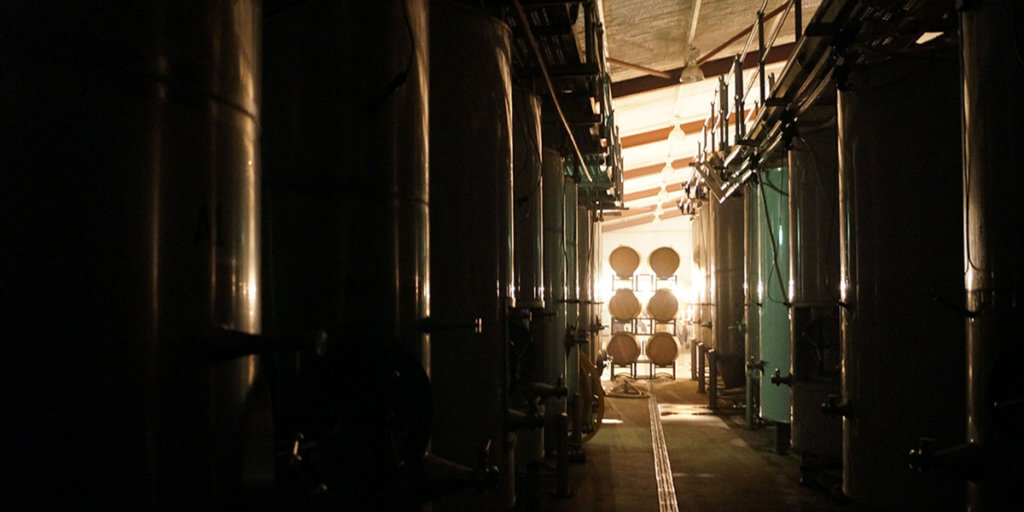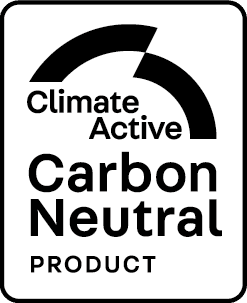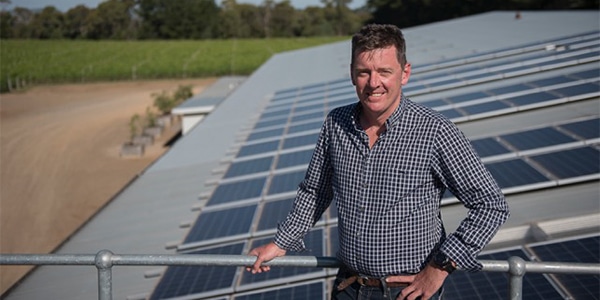Twice certified carbon neutral under Climate Active

Through Pangolin Associates’ Climate Active services, Ross Hill is the first Australian winery to achieve the Federal Government’s carbon neutral certification. This is a particularly impressive undertaking as Ross Hill is now certified for both its operations and its products.
Climate Active is the only government-recognised and government-endorsed certification in Australia.
The winery
 Ross Hill produces a range of cool climate, red and white varieties. The winery sits on 5 hectares of sloping land in Orange NSW, 1018 metres above sea level. For the majority of produce, Ross Hill uses grapes from its own established vines. These grow in fertile, volcanic basalt soil.
Ross Hill produces a range of cool climate, red and white varieties. The winery sits on 5 hectares of sloping land in Orange NSW, 1018 metres above sea level. For the majority of produce, Ross Hill uses grapes from its own established vines. These grow in fertile, volcanic basalt soil.
Peter and Terri Robson began Ross Hill in 1994, joined by their son James and Chrissie Robson, and more recently winemakers, Phil and Rochelle Kerney. Like so many Australian growers, Ross Hill understands the urgent need to nurture and protect the fertility of the land, and they are doing just that.
Sustainability measures to date

- Moving to pesticide free production,
- Introducing natural wild yeast in the manufacturing process rather than chemicals,
- Mulching cover crops between vineyard rows prior to winter, reducing irrigation needs,
- Improving recycle procedures (mainly bottles and cardboard, representing a substantial portion of total recyclables),
- Installing 34 kW of solar photovoltaic panels,
- Implementing a more rapid and therefore sustainable cold stabilisation technique,
- Introducing streamlined, centralised freight and dispatch procedures.
Measuring Ross Hill’s impact over the years
Ross Hill has measured the winery’s environmental impact over the years. They have a true picture of their footprint and progress.
2011: Carried out an initial measurement of energy costs.
2013: Conducted a NSW Government-sponsored energy audit, and implemented recommendations.
Stage 1 – 2013/2014: Engaged Pangolin Associates for a comprehensive carbon footprint (or Greenhouse Gas Assessment) of the winery’s operations, resulting in the first carbon neutral certification.
Stage 2 – 2014/2015: Engaged Pangolin for a Life Cycle Assessment (LCA) – Carbon Footprint. This second stage added products to the operation’s carbon neutral certification: all red and white wines, commencing with the 2015 vintage.
Hybrid Life Cycle Assessment (LCA)
In 2014/2015 Pangolin provided a ‘hybrid’ LCA for the Climate Active application. This incorporated LCA material consumption data as well as input-output analysis. The latter takes into account the value of expenditure, or a total measurement of purchase and delivery to the end user.
The LCA, as it indicates, is a cradle to grave assessment. For Ross Hill, it took into account the growing, making, packaging, and distributing of all red and white wines produced. Using a generic, or representative bottle of wine, the LCA assessed all emissions sources under all scopes 1, 2 and 3. For example:
- Scope 1: Transport and stationary fuels (16.9%),
- Scope 2: Electricity (2.3%),
- Scope 3: Glass bottles, wine barrels, pallets, cardboard packaging, bottle caps freight, advertising, business flights, employee commutes, waste to landfill (80.8%).
The comprehensive LCA data was instrumental for the second successful Climate Active application. It determined that after carbon reduction measures, Ross Hill’s product emissions totalled 547.5 tCO2-e.
Becoming a net zero carbon business
Ross Hill offset emissions they could not eliminate: a total of 548 tCO2-e. This meant the winery was carbon neutral: net emissions = zero.
Pangolin provided offsetting services through the purchase and management of globally-recognised carbon abatement projects (certified carbon credits). Ross Hill’s carbon credits support a Bundled Wind Power Project in Tamilnadu, India (Co-ordinated by Tamilnadu Spinning Mills Association).
Gains for a small, rural business
For Ross Hill, two major benefits are energy costs, and a growing awareness as a truly sustainable brand. While Australian businesses suffer electricity and gas price hikes, the winery’s energy costs fell more than 75% between 2010 and 2014 (see below).
Electricity and gas:
- 2010: $40,000
- 2012: $18,000
- Solar PV installation September 2013.
- Post installation (FY 2013-2014): $9,200.
Further, well-deserved publicity and the Climate Active badge they’ve earned, differentiates Ross Hill, as increasingly green supply chains become enforced.
A commitment to sustainability has clear benefits for the health of Ross Hill’s vineyards. Their staged carbon neutral certifications for operations and products sends a strong message to small to medium organisations alike, including those that are rural-based: acting on sustainability protects the environment, and is commercially astute at many levels.
Testimonial
Ross Hill has become the first certified carbon neutral (Climate Active) winery in Australia. This has been achieved by the hard work and experience from the team at Pangolin Associates. To become carbon neutral has been a goal for the Robson Family for a long time, our philosophy is to basically have as small a footprint on the earth as possible. With a 38KW solar panel and then energy reduction strategies we have been able to achieve our goal. It would not have been possible with out Pangolin who have been very passionate and diligent in their advice and also steering us through the regulations of becoming carbon neutral.
James Robson, Owner, Ross Hill Wines
July 2016
See more on Ross Hill
- CentralWest Daily article: David Fitzsimons: Best cellar doors in the Orange region awarded by wine magazine.
- Ross Hill’s Public Disclosure Summary on the Climate Active website.
